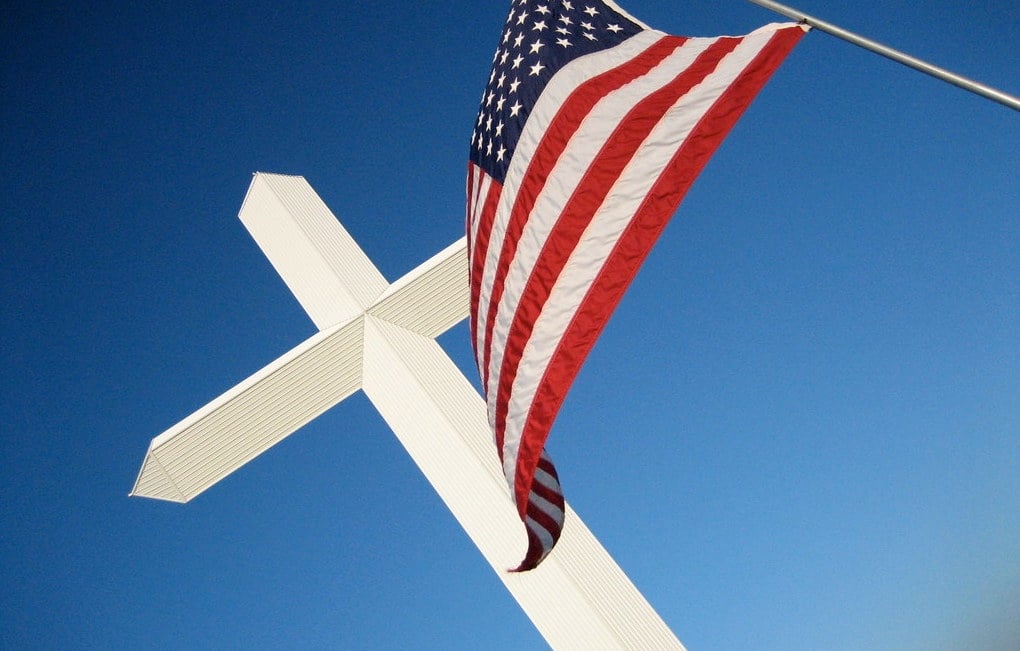Over the past several years the topic of Christian nationalism has occupied the minds of Evangelical intellectuals and pastors. No less than half a dozen books have been written on the subject in the past year. Three of them have been published in the past six months.
Login to read more
Sign in or create a free account to access Subscriber-only content.
